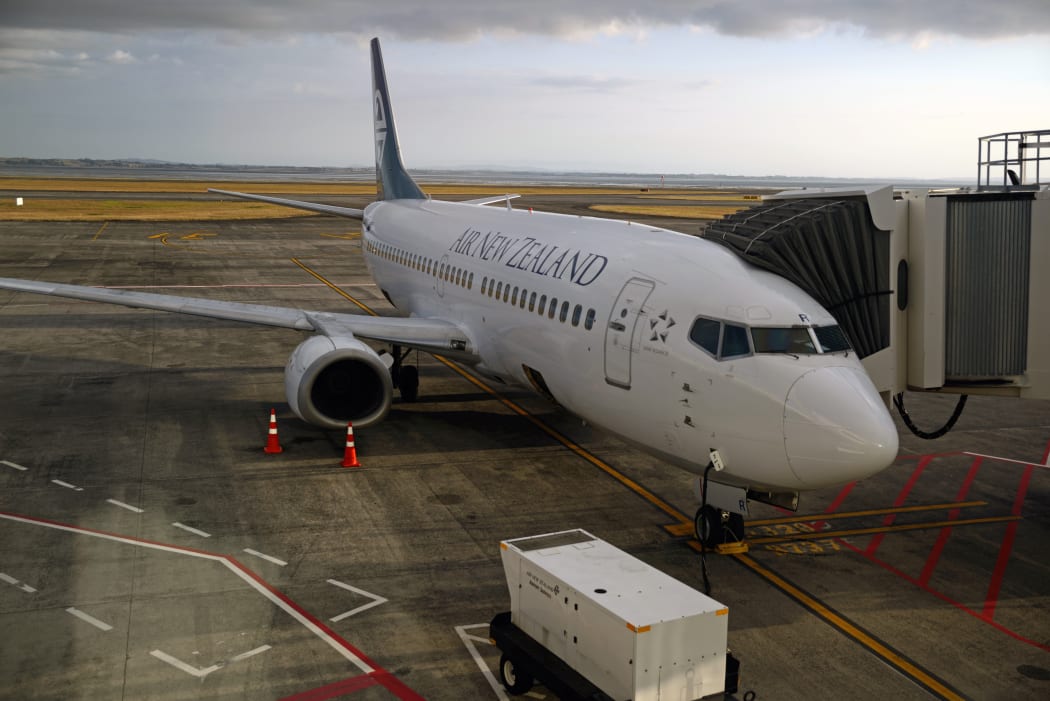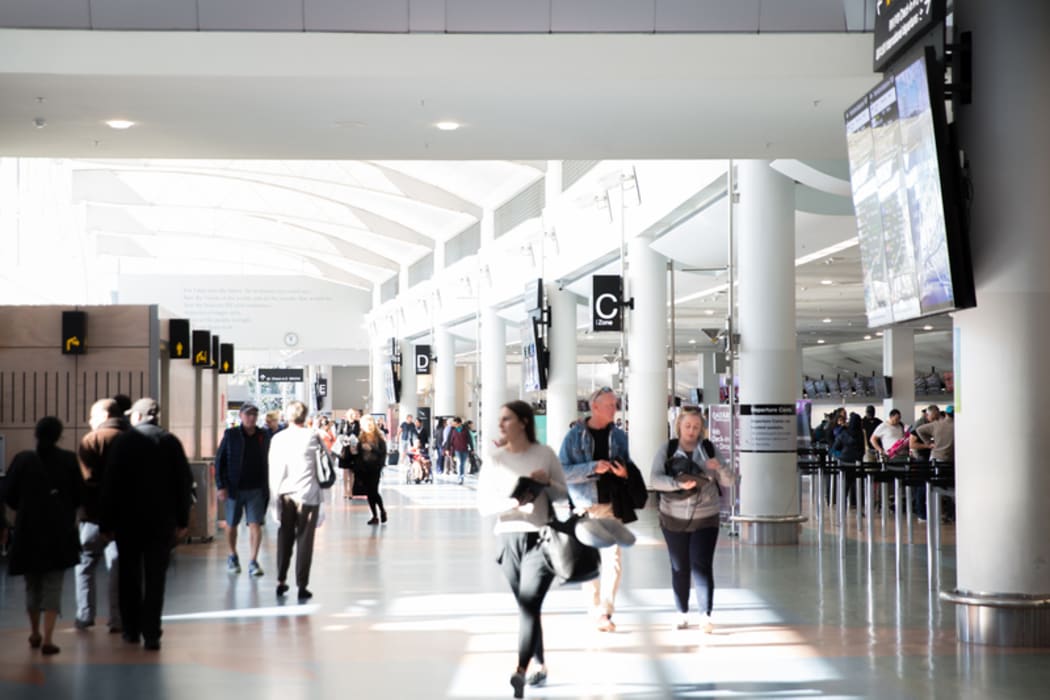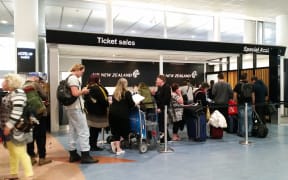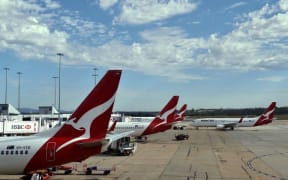A series of government reports warned five years ago of the potentially "severe" effects of any shutdown of the fuel pipeline.

(file photo) Photo: 123RF
Thousands of passengers have been left in the lurch after a jet fuel shortage grounded dozens of domestic and international flights at Auckland Airport.
Supplies were disrupted after a digger working on a farm damaged the pipeline between the Marsden Point refinery and Wiri in South Auckland.
The Refining New Zealand pipeline carries millions of litres of jet fuel, petrol and diesel every day. Without it, airliners are being forced to carry extra fuel, some flights have been cancelled, and petrol companies are bringing in extra supplies by road.
Ministry of Business, Innovation and Employment reports in 2012 said any disruption should be able to be fixed within seven days.
The reports warned a major outage could cost $466 million and vehicles and drivers would probably need to be brought to New Zealand from Australia.
A shutdown of nine days would be considered severe, and would cause a 17 percent shortfall in petrol and diesel for motorists.
Disruption would be "more severe" for Auckland, and the report suggested two-thirds of normal demand could be met by managing flights and refuelling at other airports.
Refining New Zealand said yesterday it could take 10 to 15 days to repair the pipe.

Auckland Airport has cancelled dozens of flights. Photo: RNZ / Cole Eastham-Farrelly
At the time of the ministry report, Air New Zealand criticised the way it the report minimised the effects of a drop in jet fuel supply.
It said taking any longer than "a week or ten days" to fix a pipeline leak would risk international tourism and exports.
And reports said bringing in trucks and drivers from Australia to carry fuel if there was a failure was more cost effective than building a second pipeline, or building extra tanks to store spare oil.
That was because a failure of the pipe had a low probability even if it would have a high impact.
National party energy spokeswoman Judith Collins told Morning Report the shortage was a big imposition on people.
She said the army had fuel trucks that could be pressed into service to transport fuel and she had been told jet fuel would be delivered to Wiri between Sunday and midday on Tuesday.
She said the damage to the pipeline may have happened months or years ago.
"I've been told by the company that there is significant signage [at the pipeline].
"It's pretty amazing to me."
Air New Zealand has said it could get only 30 percent of the fuel it normally used and 2000 customers a day would be affected by flight cancellations over the next few days.
In a statement, Mobil warned that the pipeline also carried petrol and diesel.
But it expressed confidence that the supply of these fuels could be maintained by trucking fuel supplies from the refinery in Whangarei, and from terminals at Mount Maunganui.
Long-term outage could cost nearly $500m - report
A New Zealand Institute of Economic Research review in 2012 warned that the costs of major oil supply disruptions could be large and would escalate rapidly.
For example, a short term outage of the pipeline would cost $84.9m in costs to the consumer and lower tax revenues to the government.
But a long-term outage would cost $466.8m.
Despite that, the reports said storing oil in special tanks in case of an emergency would not be cost effective.
Nor would having a second pipeline on standby ready for an accident that might never happen.
"Increasing the capacity of the oil trucking fleet would enable transport of supplies around disruptions in the local supply chain," the report said.
"However, our estimates suggest that enlarging the New Zealand trucking fleet to cater for an event that may never happen is less cost effective than relying on shipping additional vehicles and bringing drivers from Australia or elsewhere to meet short term emergencies if they arise."
'Environmental catastrophe' avoided - Refining NZ boss
Refining New Zealand chief executive Sjoerd Post told Morning Report an environmental catastrophe was avoided when a pressure drop was detected in the control room on Thursday afternoon.
The pipeline was shut down and a helicopter was scrambled to investigate, he said.
"We had to shut the pipeline down, isolate so we didn't create an environmental catastrophe.
"We've recovered all the fuel. At least we're not talking about an environmental issue today.
"We are absolutely sorry to New Zealand and to Auckland that this is happening."
Mr Post said reports the pipe was damaged three months ago with a digger during kauri logging were all supposition and "fake news".
The company had established that at some stage a digger had scraped over the pipeline, he said.



